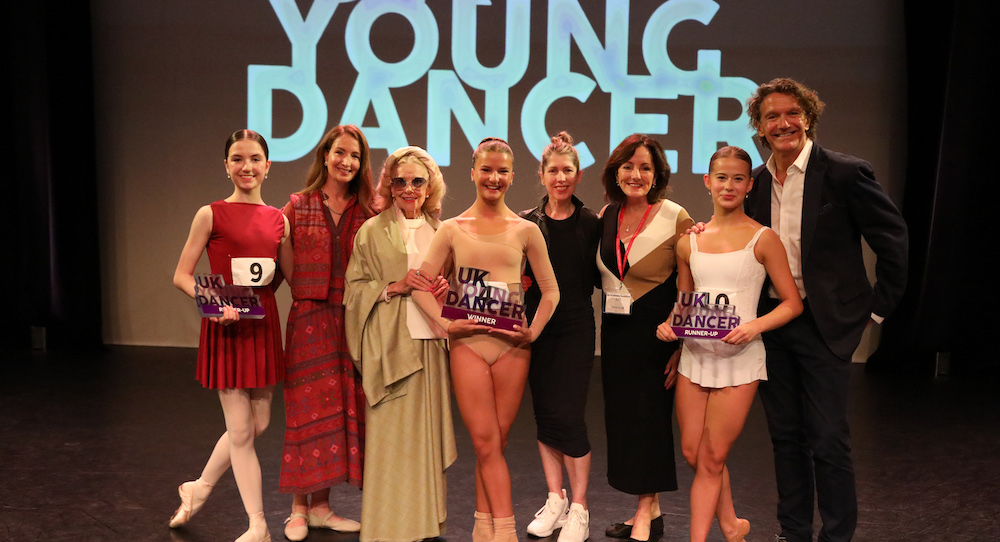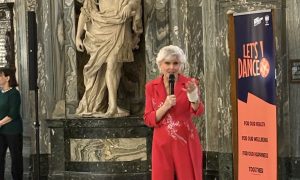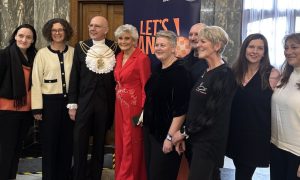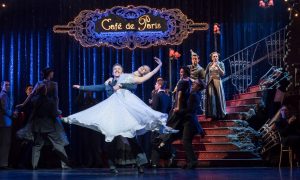Now in its third year, the UK Young Dancer is a groundbreaking competition designed to discover and nurture young talent across the UK. Created by industry legends Dame Arlene Phillips and Leanne Benjamin AM OBE, the competition has reimagined what a dance competition should look like, stripping back costumes and makeup to focus on workshops, mentorship and personal development.
The competition is divided into two categories: The Leanne Benjamin AM OBE UK Classical Young Dancer 2025 and The Dame Arlene Phillips UK Theatre Young Dancer 2025. Open to dancers aged 14 to 19, the process begins with a video submission, followed by in-person workshops across the UK. These workshops give dancers the chance to learn from top industry professionals, including West End choreographers and Royal Ballet soloists. Finalists receive personalised coaching before performing in the grand finale at the Clore Studio in London’s Royal Opera House.
Dance Informa caught up with Dame Arlene Phillips and Leanne Benjamin OBE to learn more about their vision, what makes it stand out in the crowded world of dance contests, and how it is helping to reshape opportunities for the next generation of dancers.
The UK Young Dancer Competition is unlike typical dance competitions. Why did you feel it was important to start a new type of dance competition in the UK, and what gap were you trying to fill?
Arlene Phillips
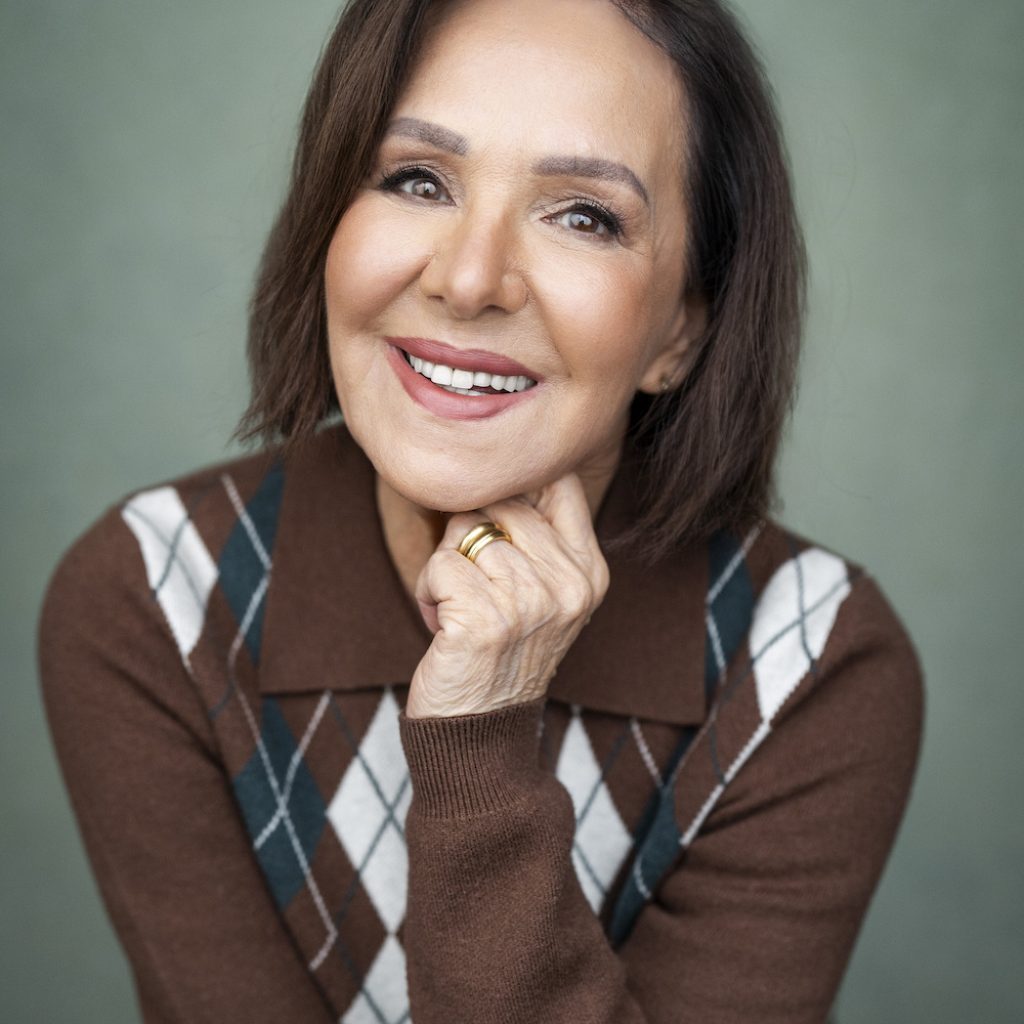
“I had started to question many of the dance competitions that were being held for young people because they seemed, in my opinion, unsuitable – they involved being overly made up, inappropriate costumes and dances that weren’t suitable or age-appropriate. We started talking about what we really wanted to see in a competition. It came down to the fact that what we’re looking for is for dancers to express a story and to use dance – not makeup or dressing up – to express that story. We didn’t want a competition for the best hair or costume, but about competing for the truth in dance. It came from that foundation and it has become a very open, honest competition.”
Leanne Benjamin
“From my perspective, so many classical dancers travel overseas to take part in competitions, too. There’s nothing wrong with that, but I wanted to create a competition specifically for young dancers who live and train in the UK. I wanted to see a competition that could be cost-effective, nurturing, give dancers the opportunity to work with industry practitioners, and give finalists the chance to perform on an inspirational stage. This competition had to have a point of difference.”
One of the things that sets this competition apart is that it has been very carefully designed to work for both students and the teachers supporting them — for instance, working around school timings and offering regional workshops.
Phillips
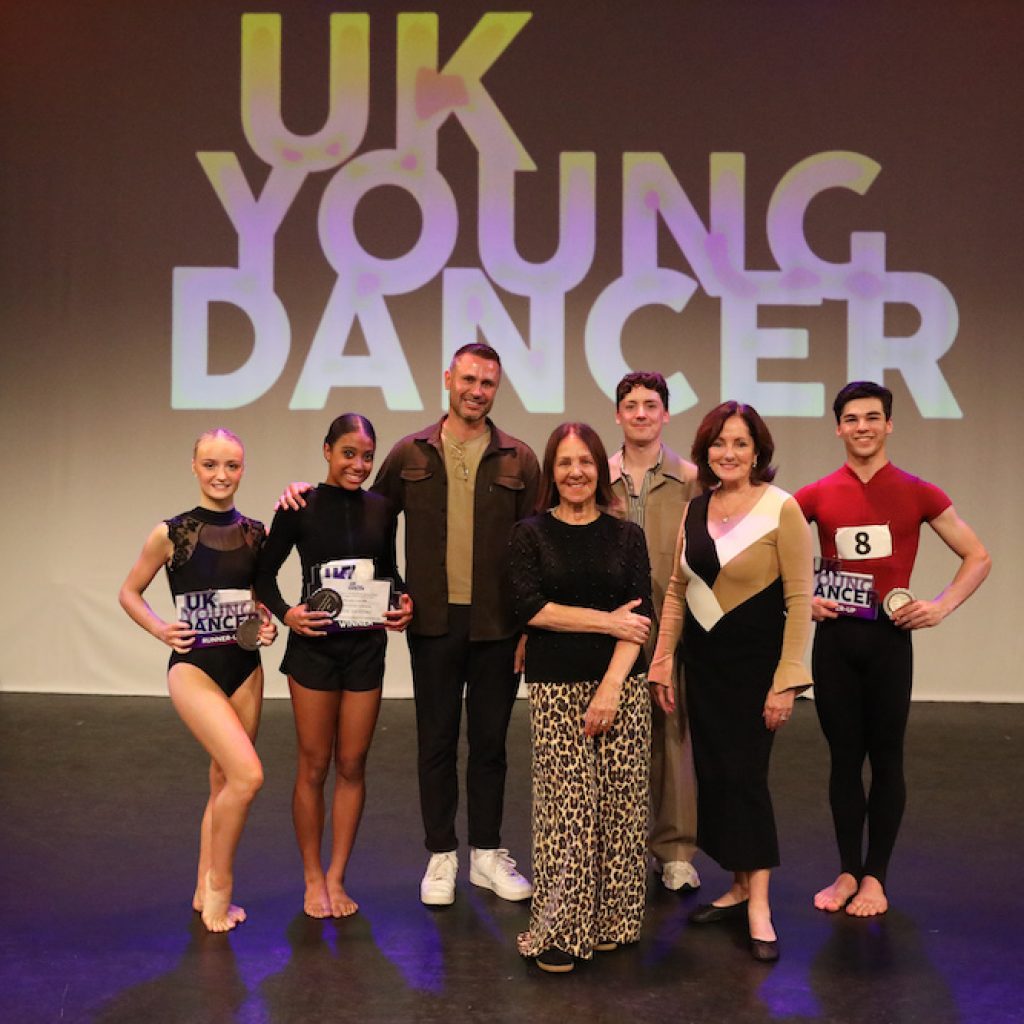
“Yes, this is the first year we’ll be holding workshops in England, Northern Ireland, Scotland and Wales. We have some amazing teachers and associates travelling across the country to work with dancers.”
Benjamin
“We wanted to make the competition accessible, and we wanted to give opportunity to more young dancers. Coming from Australia, I was always very aware of this as I would often have to travel to work with great teachers. Holding the workshops in more places is great for the students, and it’s also a good opportunity for the teachers because they can come along to view and learn from the workshops, too. You just never know where you’re going to find that rising star. I think that’s what’s so exciting for me.”
The competition offers both technical training and personalised mentorship. What kind of experience does this provide for the dancers, both personally and professionally?
Phillips
“We have so many wonderful artists behind all of this working to mentor, encourage, nurture and support young people along the way to the final. For the dancers, it’s also a real glimpse into what it’s like in musical theatre – the demands on you for accuracy and technique, they’re so total. For many, it’s confirmation, but for others, they may realise that this thing they’ve loved their whole life is actually, maybe, not what they want.
Then they get to perform at the Royal Opera House, which has such status and has its own legacy. But even getting that far in the competition and being invited to be part of the final means they all feel like winners. Also, there’s real understanding there because the dancers have been in constant contact from the beginning – they make friends along the way and there is a real sense of ongoing sharing. It feels like a competition without being competitive.”
Benjamin
“I really wanted this competition to be about the work, developing dancers – physically and mentally – and helping them reach their personal best. We have incredible coaches, like Steven McRae, as well as other amazing judges who are really active in the business today and real shining examples for the dancers.
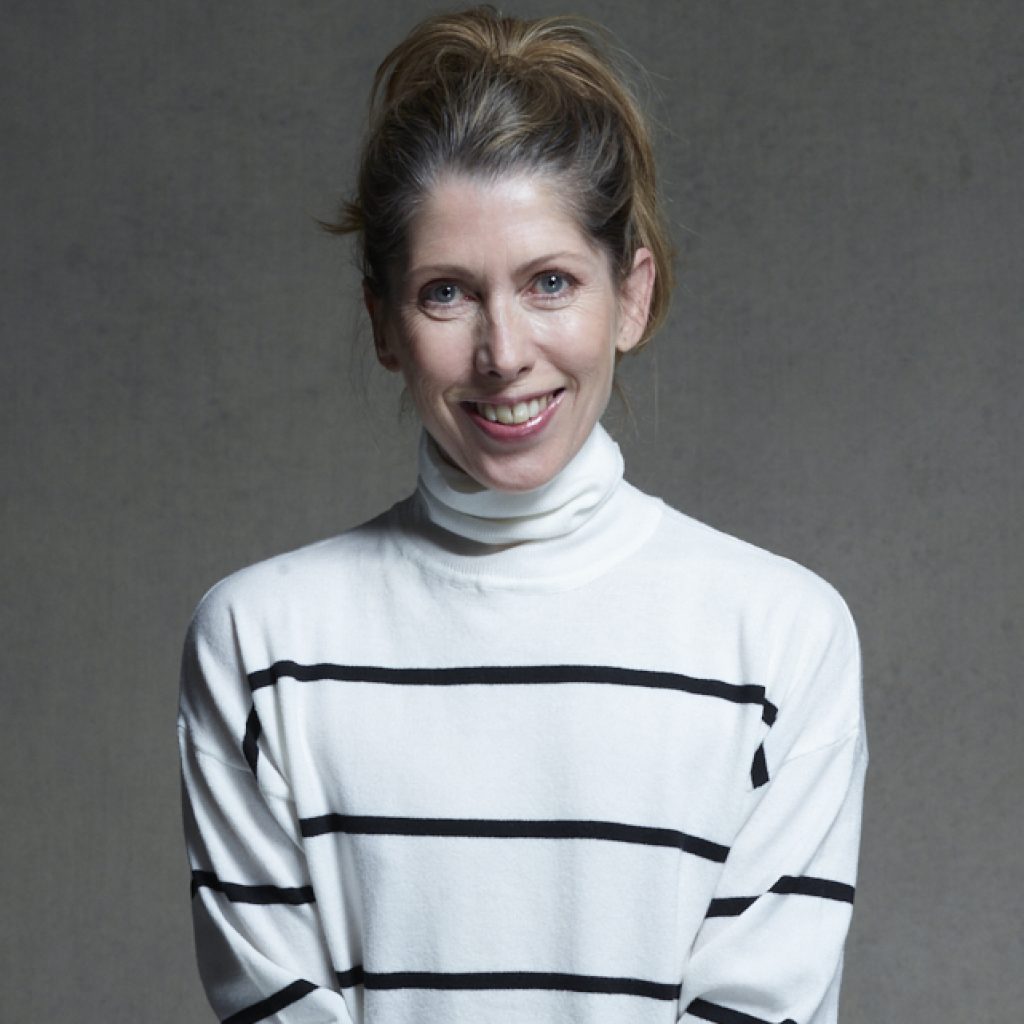
This year, dancers will receive one-to-one training on their classical solos, continuing their work with their teachers throughout the summer in preparation for the finals. Then, on September 7, we all come together for the finals at the Royal Opera House, which is such a fantastic opportunity. Kevin O’Hare really embraced the idea of bringing classical and theatre together in the same space, which shows how far we have come in the world of dance.”
When it comes to choosing the finalists, what are you looking for beyond strong technique?
Phillips
“I absolutely look for the sparkle. I look for somebody so in the moment, so calmly confident that they are absolutely delivering what is required. You see those moments just before they begin: the mind is working, the thought process has started, you can see the focus in the eyes, the way the hands begin to move. You can see them embracing every little part of it, to recreate what has been asked for with absolute accuracy – and more.”
Benjamin
“Somebody who shines across the footlights. That comes from practice, but it also comes from within. You know what it’s like as an audience member – you can see someone shining. You sit up and notice. What we’re really looking for is potential; we’re not looking for the finished product. It’s someone that has a good, sound technique or is working towards that and someone who has something unique and special to say.”
The finals for the UK Young Dancer take place on 7 September. For more information about the competition, visit www.ukyoungdancer.com.
By Allie D’Almo of Dance Informa.


